President Donald Trump has said that tariffs on China could hinge on a deal over TikTok’s ownership, as he signed an executive order to keep the popular short-form video platform online in the US for 75 days.
Within hours of his inauguration on Monday, Trump postponed a deadline requiring TikTok’s Chinese parent company ByteDance to sell its stake in the app or face a ban in the country.
Trump said the US “should be entitled to get half of TikTok” if the app continued operating beyond that cut-off and that he could “certainly” put tariffs on China if it rejected a deal, which he said would be a “hostile act”.
He said the tariffs could be as high as 100 per cent. “Ultimately [Beijing] would approve it because we’d put tariffs on China,” Trump said on signing the order. “I’m not saying I would, but you certainly could do that.”
China was one of three countries Trump threatened to hit with tariffs on his first day in office. On Monday, he said he could impose levies of 25 per cent on Canada and Mexico from February 1.
But he did not enact sweeping 60 per cent levies on Chinese imports as he had promised during the campaign, in what would have marked a new stage in the trade war with Beijing during his first term.
The move to hold off on tariffs against China appeared to offer a bargaining chip for a TikTok deal. Trump spoke to Chinese leader Xi Jinping on Friday and said he had raised the TikTok issue, although Beijing did not confirm the discussion.
TikTok became temporarily unavailable for about 170mn US users at midnight on Sunday following the initial deadline under the “divest or ban” law, but it resumed service hours later.
The executive order said companies that distribute and host TikTok — which include Apple and Google as well as cloud provider Oracle — would not be held liable for violating the law during the 75-day extension. Under the law, service providers risked fines of $5,000 per user.
But Tom Cotton, the Republican head of the Senate intelligence committee, warned the companies on Sunday that they risked “ruinous bankruptcy” by violating the law.
TikTok chief executive Shou Zi Chew had gone on a charm offensive after Trump had indicated during his campaign that he hoped to “save” the app.
Chew attended the inauguration alongside tech billionaires Elon Musk and Mark Zuckerberg and was seated beside Tulsi Gabbard, Trump’s nominee for director of national intelligence, drawing criticism from some observers.
Many US politicians and security officials believe China’s government could use TikTok to access Americans’ personal information, which could facilitate espionage, and wield the app’s algorithm to spread propaganda. TikTok denies that Beijing has any control over the app.
TikTok has also said that divestment was not technologically feasible within the law’s timeframe. Beijing has indicated that it opposed a sale.
Nevertheless, Trump suggested that if the app was to continue operating, the US should be paid “half of the value of TikTok”, adding: “If I don’t do the deal it’s worthless. If I do the deal, it’s worth maybe a trillion dollars.”
Last week, the Financial Times reported that Chinese officials were discussing using Musk, a close confidant of Trump, as a broker in a potential sale of TikTok’s US operations. Musk on Monday met China’s vice-president Han Zheng, who attended Trump’s inauguration.
He also called out TikTok’s presence in the US — while western platforms such as his social media site X are banned in China — as “unbalanced”, adding “something needs to change”.
Beijing did not immediately respond to Trump’s remarks threatening tariffs if it did not agree to a TikTok deal.
On Monday, China’s foreign ministry had said that any decision regarding TikTok’s ownership should be taken “according to market principles and be determined by the companies themselves”.
Additional reporting by Aime Williams in Washington

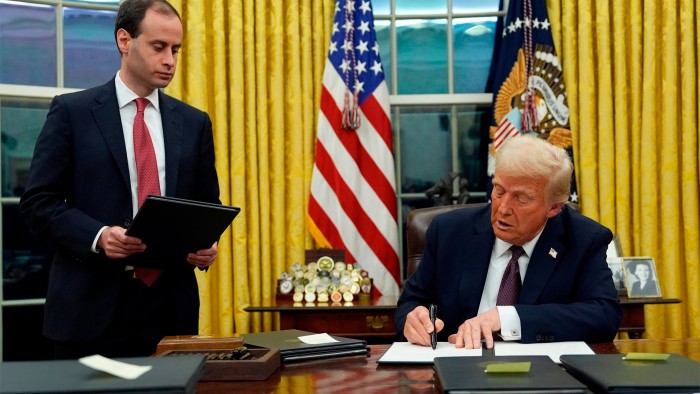



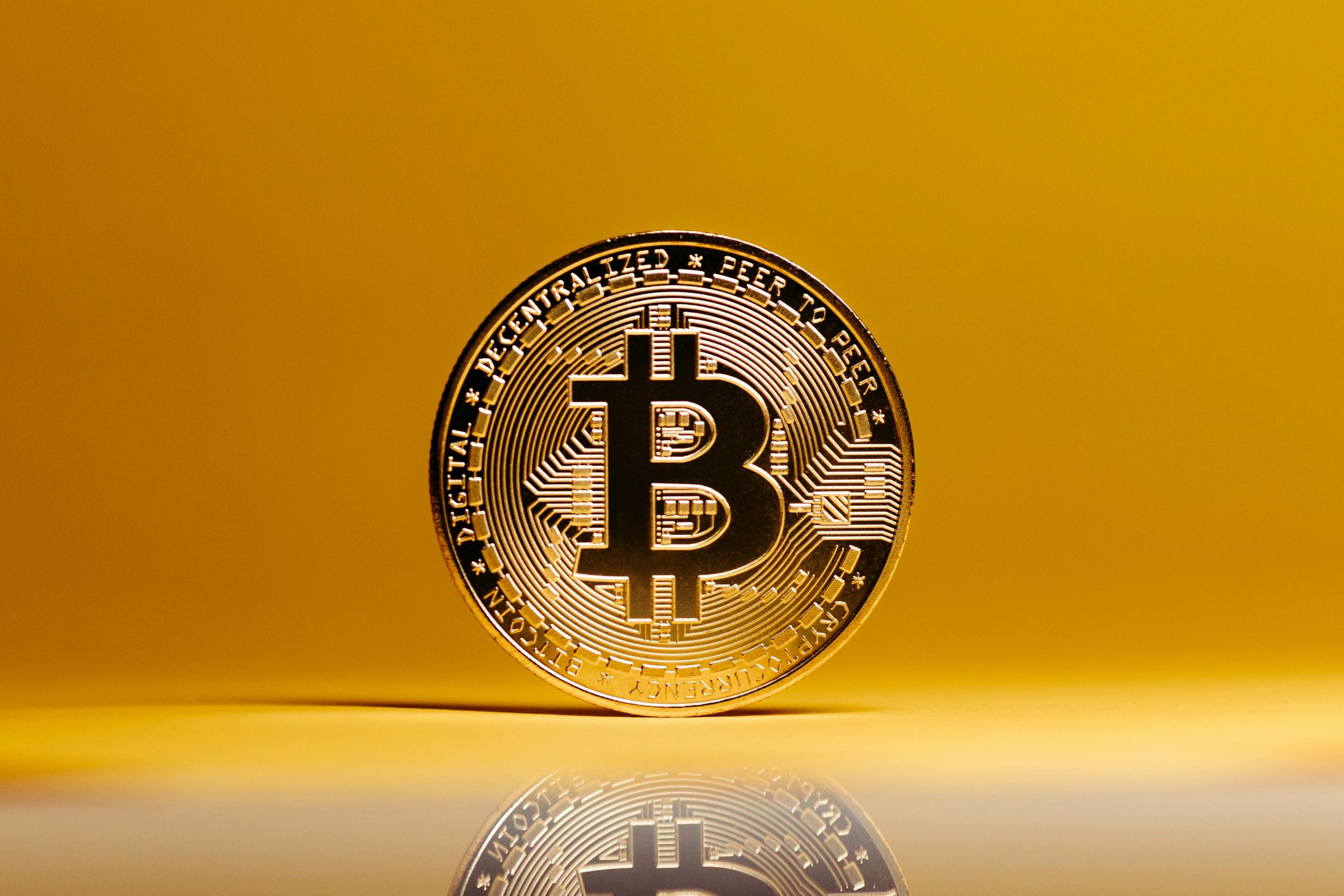
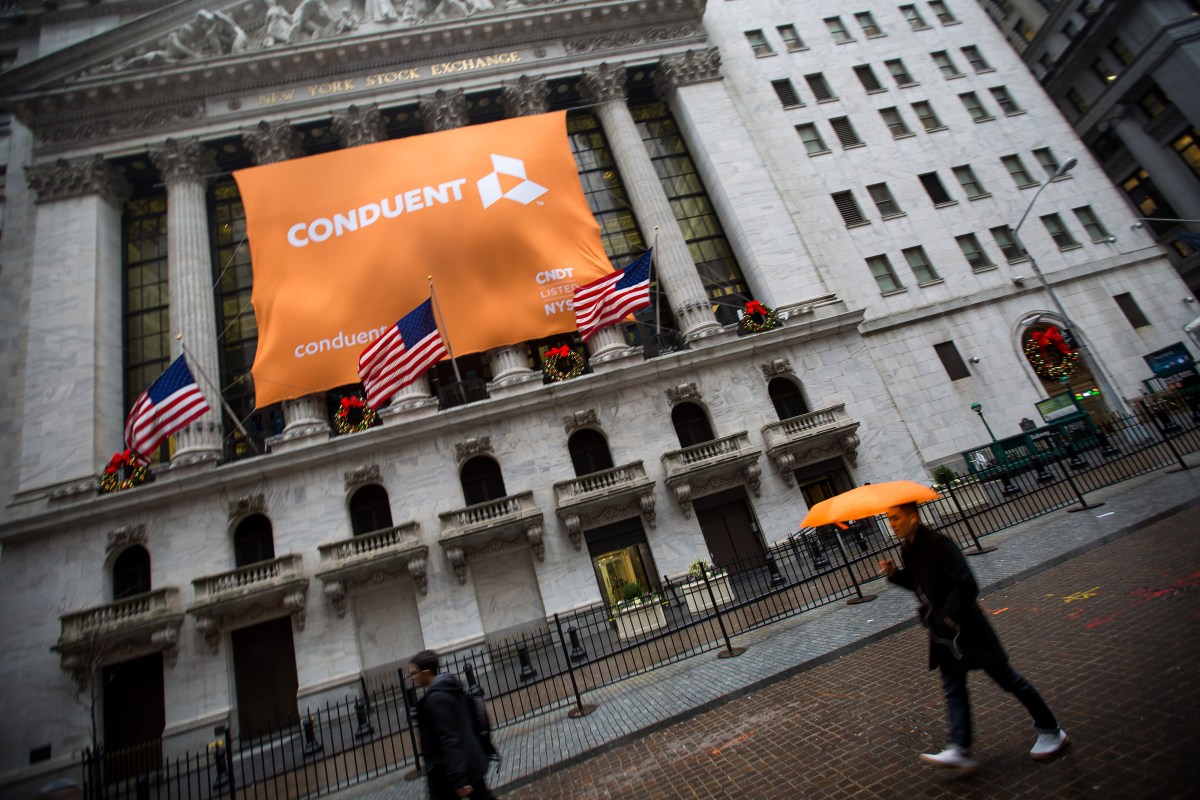








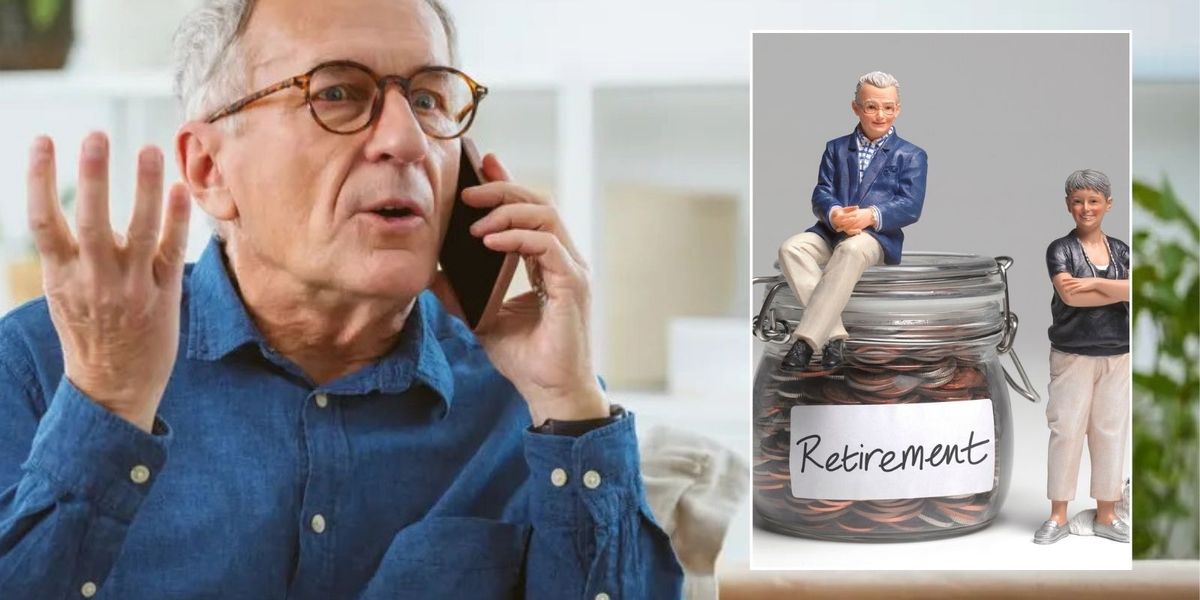
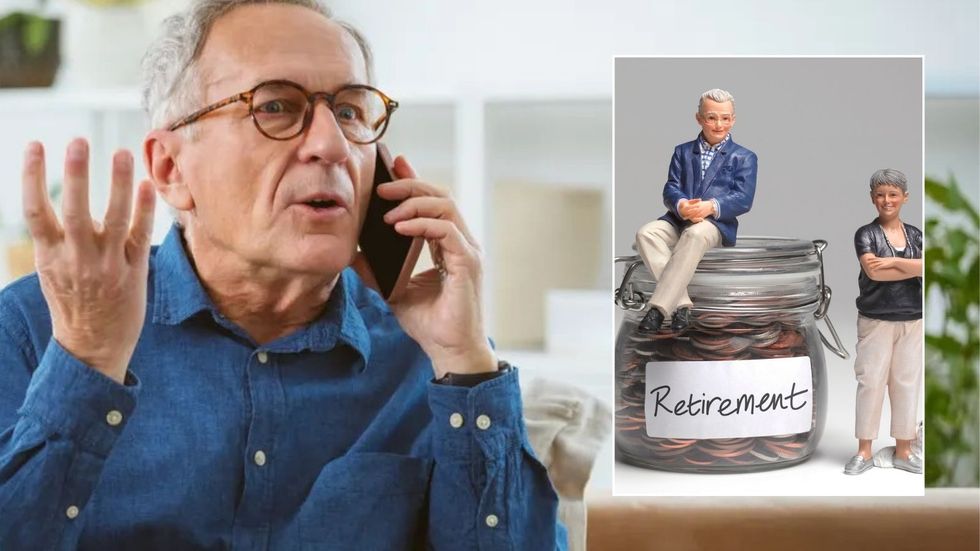
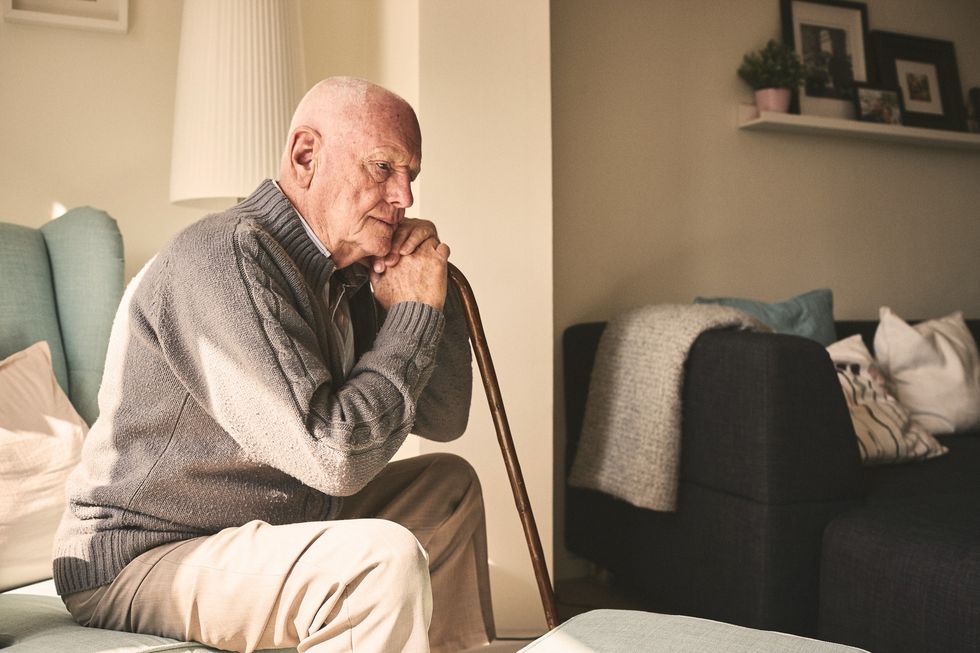

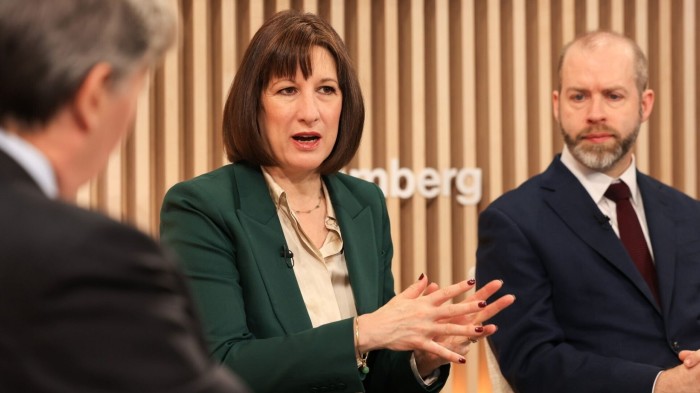















You must be logged in to post a comment Login